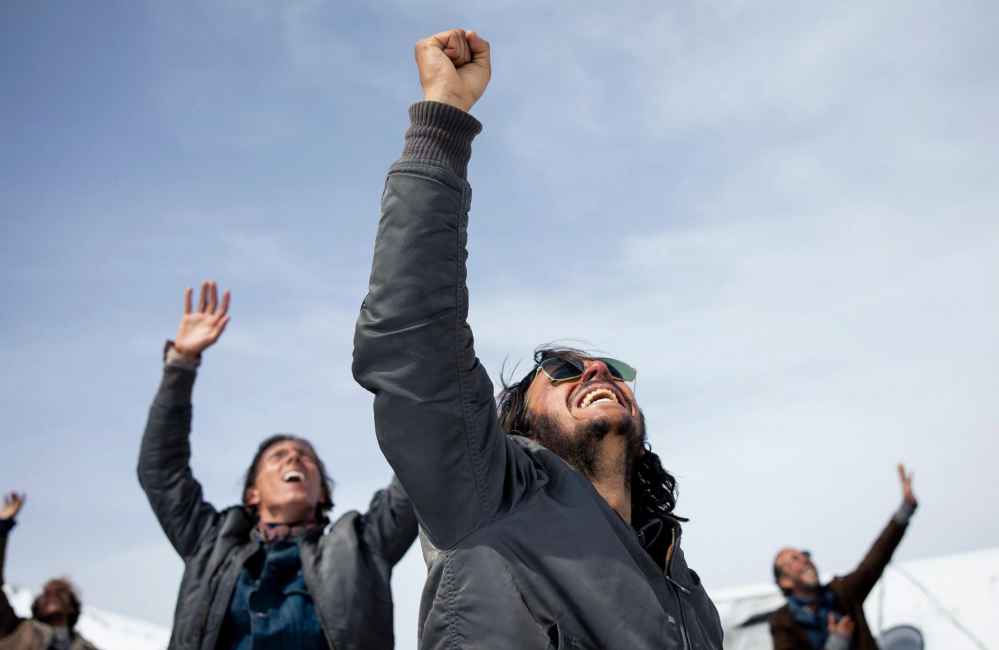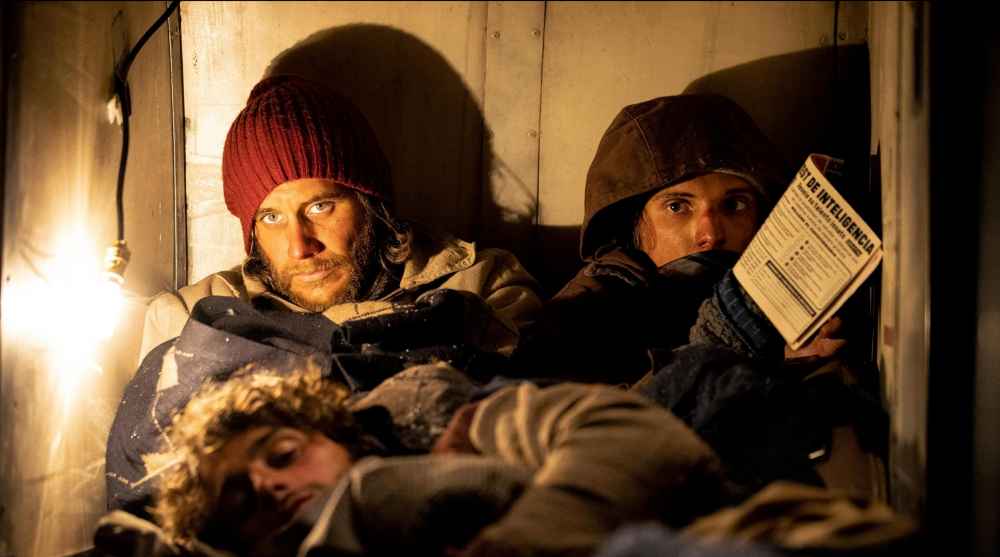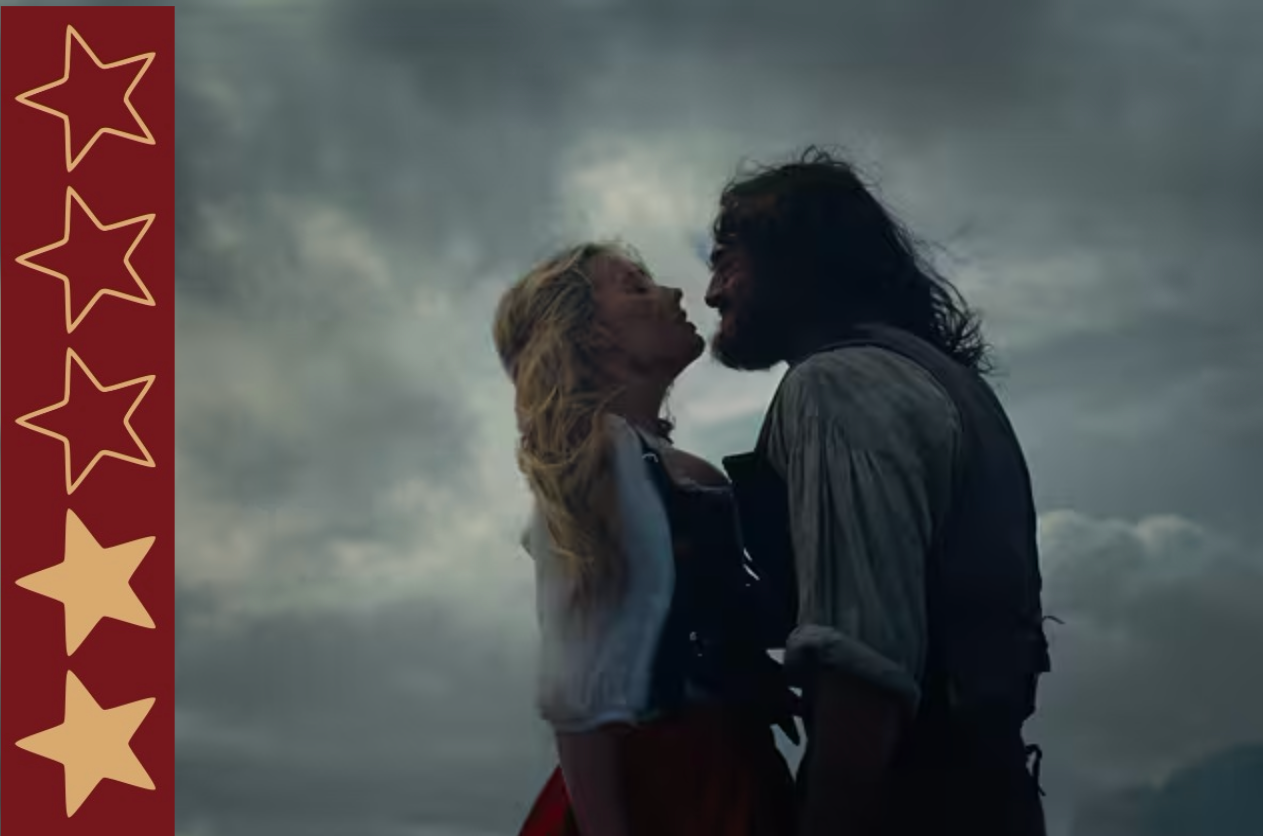By Anna Luna, Third Year, Politics and International Relations
J.A. Bayona honours the story of the 16 Uruguayan rugby players, in 1972, who survived a plane crash and two and a half months in the mountains, resourceless and foodless. Society of the Snow’s endurance sequences chill audiences, while warming hearts and emphasising what it means to be alive. The story comprises the taboo phenomenon of cannibalism, but Bayona reaches the perfect balance with a respectful and honest approach.
The film opens with the commotion and disordered yelling of a rugby match, a sequence that serves to foreshadow the character dynamics we later witness in the mountains. We learn that the male team in question are to embark a flight from their hometown of Montevideo to Chile to play a match. After the plane strikes a mountain ridge, they find themselves in the middle of the Andes, surrounded by nothing but snow and their own weakening bodies. What follow are 72 days of physical and mental exertion, occurring in extreme long shots of the Spanish Sierra Nevada’s blinding peaks.

Just like the positions in a rugby team, the Old Christians Club boys each have character traits that become visible in such dire conditions, and that often predict their chance of survival. They fraternally interact and care for each other, visible in a scene of taking turns making rhymes. This gives us a moment to breathe, only for the boys’ banter, and our exhalation, to be cut short by a suffocating avalanche sequence, whose powerful editing achieves an almost physical reaction in the viewer.
It is refreshing to see a cast of Uruguayan actors, telling their own country’s story for Netflix Spain. One of the most notable personalities is that of Numa Turcatti (Enzo Vogrincic), whose narration vocalizes the contemplations that all the characters are experiencing. Vogrincic’s brooding and philosophical performance, with his Adam Driver-esque face, is one that the viewer becomes personally attached to, making his noble death all the more grievous. Nonetheless, the choice of Numa as the focal point feels like a slightly wasted character to develop, leaving us with the unmet craving for more on Roberto Canessa (Matías Recalt) and Nando Parrado (Augustín Pardella). Canessa and Parrado took on the last gruelling expedition that ultimately saved them all. An insight into the emotions that derived, like we are given with Numa, could have been a more compelling choice.

Spanish director J.A. Bayona is no newcomer to disaster dramas based on true stories. His widely acclaimed 2012 film The Impossible, based on the 2004 Indian Ocean tsunami, initiated audiences in his capacity to display the lengths a human being goes to to reunite with their families, even in the most dire natural conditions. The track ‘Found’, on Society of the Snow’s score, by Michael Giacchino, is an uplifting masterpiece that reflects this.

Cannibalism is a theme that seems to take on increasingly new meanings in film. Luca Guadagnino’s Bones and All (2022) employed humans eating other humans to explore themes of intimacy, morality, and acceptance. Society of the Snow approaches it through a metaphor for sacrifice and love, with the movie motto of ‘there is no greater love than to give one’s life for friends’. The execution of this aspect of the tragedy was remarkable.
In Uruguayan popular culture, the story was, unfortunately, commonly reduced to ‘the group of boys who ate their dead friends to survive’. Something film tends to do is capitalize on the shock factor of real accounts, and I feared this could be the case in Bayona’s feature. However, he does quite the opposite, and honours the young men’s astonishing feat. Bayona approaches the cannibalism with caution, visually displaying only the minimum, and depicting the moral dilemmas through Numa’s character. It is conveyed it as a consented choice that ultimately allowed for the beautiful reunion of the boys with their loved ones. He takes what was a misrepresented catastrophe, to instead produce a tale of the strength of unity, friendship, and hope against all odds, in the face of endless white impossibility.
What did you think of Bayona's take on cannibalism?








